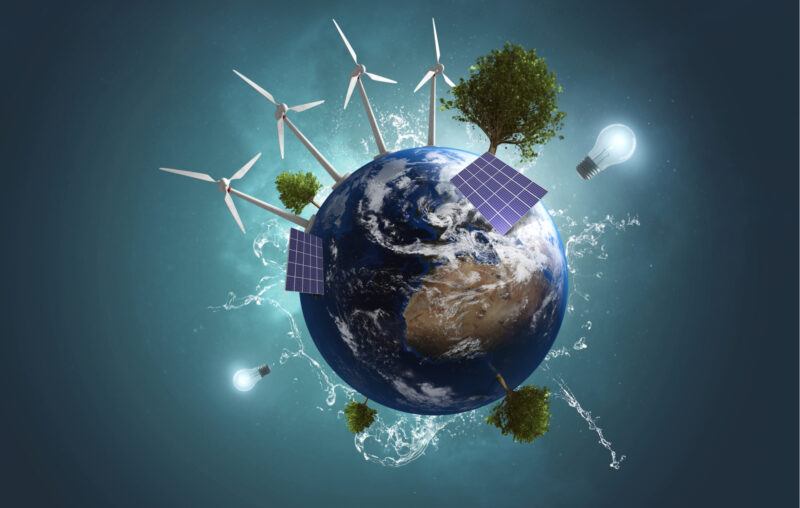W. S. Jevons (1865) on the Limits to Renewables

William Stanley Jevons’ The Coal Question (1865) explained how coal (and by implication, oil and natural gas) were uniquely suited for—and indeed, prerequisites for—the machine age. His insights from long ago resonate in today’s debate pitting the market’s preference for mineral energies versus the government’s drive towards renewables, wind and solar in particular.
In Jevons’ time, the modern world was moving away from scarce, cumbersome, often unreliable energies—wood and plant burning (primitive biomass), falling water, and wind—toward coal and even oil. Both were concentrated stocks of energy, the sun’s work over the ages; renewables were dilute, intermittent flows from the sun. Electricity was several decades away, but steam from coal would lead the way there too.
“[T]he economy of power … consists in withdrawing and using our small fraction of force in a happy mode and moment,” wrote Jevons. “The first great requisite of motive power is, that it shall be wholly at our command, to be exerted when, and where, and in what degree we desire.” Continuing,
The wind, for instance, as a direct motive power, is wholly inapplicable to a system of machine labour, for during a calm season the whole business of the country would be thrown out of gear. (p. 122)
But even if wind energy were consistent and somehow storable, it was still too little from too much. Jevons explained:
No possible concentration of windmills … would supply the force required in large factories or iron works. An ordinary windmill has the power of about thirty-four men, or at most seven horses. Many ordinary factories would therefore require ten windmills to drive them, and the great Dowlais Ironworks, employing a total engine power of 7,308 horses, would require no less than 1,000 large windmills! (p. 123)
Biomass was no escape: “We cannot revert to timber fuel, for ‘nearly the entire surface of our island would be required to grow timber sufficient for the consumption of the iron manufacture alone.’” (p. 140)
Neither was geothermal: “The internal heat of the earth … presents an immense store of force, but, being manifested only in the hot-spring, the volcano, or the warm mine, it is evidently not available.” (pp. 120–21)
Water power had reliability problems compared to coal and locational issues as well. Explained Jevons in his book, the first on energy economics:
When an abundant natural fall of water is at hand, nothing can be cheaper or better than water power. But everything depends upon local circumstances. The occasional mountain torrent is simply destructive. Many streams and rivers only contain sufficient water half the year round and costly reservoirs alone could keep up the summer supply. In flat countries no engineering art could procure any considerable supply of natural water power, and in very few places do we find water power free from occasional failure by drought. (p. 129)
Furthermore,
The necessity … of carrying the work to the power, not the power to the work, is a disadvantage in water power, and wholly prevents that concentration of works in one neighbourhood which is highly advantageous to the perfection of our mechanical system. Even the cost of conveying materials often overbalances the cheapness of water power. (p. 129)
Jevons’s energy-by-energy analysis is as true today as it was when penned in 1865. Coal could be burned continuously and evenly. Coal did not depend on the season or on a weather condition. Coal came with its own storage and was easily transportable. Coal production and combustion needed far less surface area than the energies of before.
In short, there could be no substitution, much less going back to the energy poverty of before where what are now called renewable energies dominated. Stated Jevons:
Coal, in truth, stands not beside but entirely above all other commodities. It is the material energy of the country—the universal aid—the factor in everything we do. With coal almost any feat is possible or easy; without it we are thrown back into the laborious poverty of early times. (p. viii)
William Stanley Jevons was the first intellectual to question the ability of renewables to serve as primary energies for industrial society. The deep, thorough insight of the father of energy economics remains relevant today.










